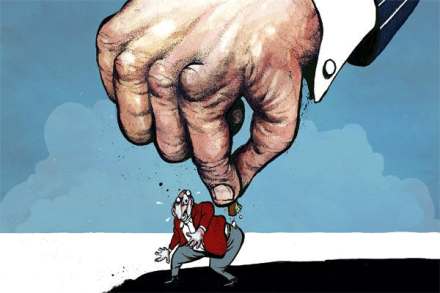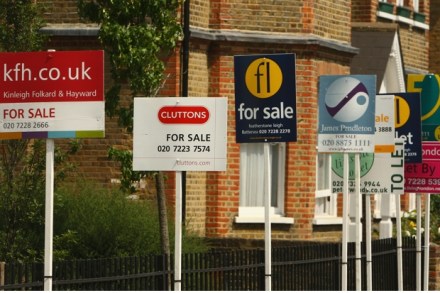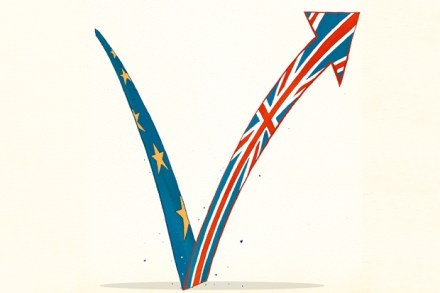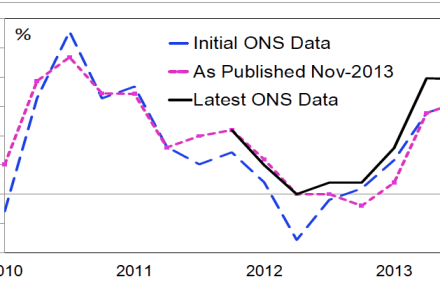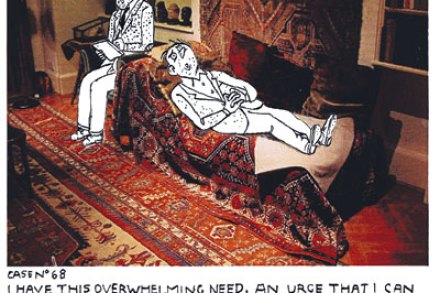The sun shines on retail sales
When the sun shineth…go shopping. That’s what we did in our droves during April, boosting retail sales by 4 per cent compared to the same month last year. According to the Office for National Statistics (ONS), anecdotal evidence from retailers suggests that good weather contributed to growth in sales, which increased by 2.3 per cent in the three months to April compared to a 1.4 per cent decline in the first quarter. And there’s the fact that Easter also fell in April this year, prompting sales of furniture, golf equipment and motorbike accessories. Analysts were cheered by the data, which was beyond their expectations, but said the real test lies ahead. Michael Baxter, economics commentator



